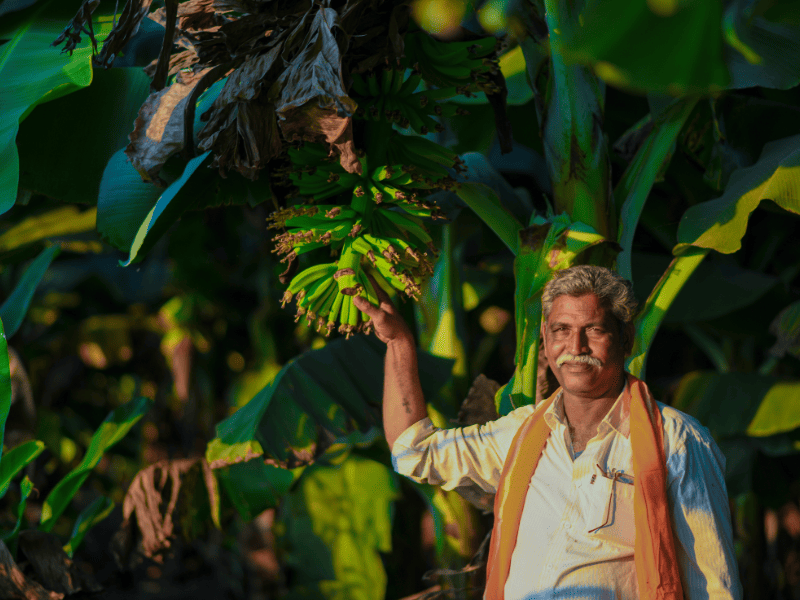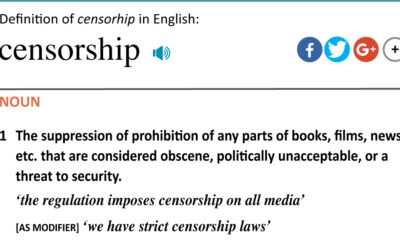A Commentary By Dr. Stephanie Seneff
I was thrilled when I first heard that the president of Mexico had decreed a ban on glyphosate use in agriculture beginning in January 2024. However, the industry fought back hard, and while it looked for a while as if they weren’t going to be able to stop the ban, the latest news I have is that the Sixth District Judge in Administrative Matters granted an injunction against the decree that was instigated by Bayer, the producer of glyphosate. This was stated in an article published on April 5, 2022. So maybe Mexico won’t be able to protect its population after all, but Mexico is fighting back legally, and the game is not over yet.
But we can always hope. Now there is news that India has decided to ban glyphosate use in agriculture. Well, not quite ban, but make its use restricted to “Pest Control Operators (PCOs).” It appears that PCOs are in short supply in rural areas, and so the expectation is that most farmers in India will be unable to use glyphosate on their crops. But we’ll have to wait and see if the industry figures out how to get around this restriction, as they have TRIED TO DO in Mexico.
It is gratifying to see governments of large countries like Mexico and India take serious steps to try to reduce glyphosate exposure to their populations, even though it often happens that the industry figures out how to get around the legislation.
I am waiting for the day when we see some action from the US government. But I’m not holding my breath!



